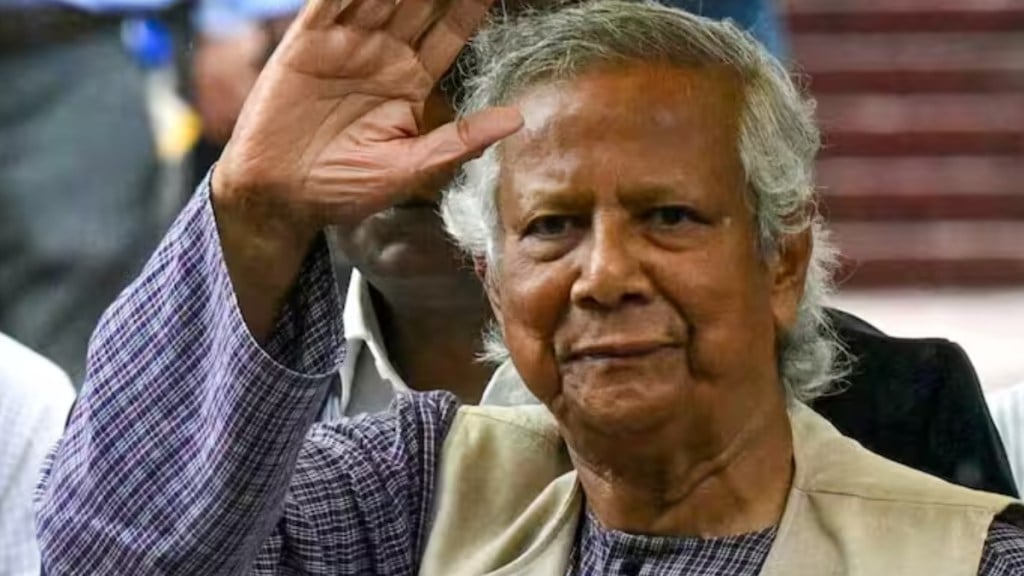The interim government of Bangladesh has recalled its high commissioner to India, Mostafizur Rahman, a move seen as a response to recent tensions between Dhaka and New Delhi. The decision came just one day after Indian High Commissioner Pranay Verma held talks with Md. Touhid Hossain, Foreign Affairs Adviser to the Bangladeshi government, on promoting bilateral ties. The recall marks a significant moment in the evolving diplomatic relationship between the two nations, which has grown increasingly strained following the political upheaval in Bangladesh earlier this year.
This action is not limited to India alone. The Bangladeshi government has also recalled its top diplomats from Australia, Belgium, Portugal, the United Kingdom, and the United Nations, suggesting a broader reorganisation of its diplomatic corps. This includes high-profile figures like Muhammad Abdul Muhith, Permanent Representative to the United Nations, and M Allama Siddiqui, High Commissioner to Australia.
The recent political instability in Bangladesh, with the ouster of long-time Prime Minister Sheikh Hasina, has fundamentally reshaped the nation’s domestic and international policies. Hasina, forced to flee the country in August following a student-led uprising, resigned shortly before leaving for India. Nobel laureate Muhammad Yunus assumed the role of caretaker leader soon after, marking a significant shift in governance for the South Asian nation.
Tensions post-Hasina Era
The removal of Sheikh Hasina, who was closely aligned with India during her tenure, has led to a cooling of relations between Dhaka and New Delhi. Hasina was known for fostering strong ties with India, particularly in the areas of trade, defence, and infrastructure development. Her government worked closely with Indian leaders on projects aimed at enhancing connectivity and regional stability.
However, her sudden exit has unsettled this partnership. While India has historically maintained close relations with successive Bangladeshi governments, the caretaker government under Yunus appears to be recalibrating its foreign policy. This shift is reflected in Bangladesh’s decision to recall several key diplomats, raising questions about the future trajectory of its foreign relations.
The strained relations were further exacerbated by Hasina’s flight to Delhi shortly after stepping down, a move seen as an implicit sign of India’s support for her government. Some in Dhaka view this as interference in Bangladesh’s domestic politics, fuelling anti-India sentiment among parts of the population. The new leadership under Yunus has adopted a more cautious approach, signalling a potential recalibration of the bilateral relationship.
Mostafizur Rahman: A Brief Profile
Mostafizur Rahman, who was appointed as Bangladesh’s high commissioner to India in July 2022, played a significant role in maintaining and strengthening bilateral ties during his tenure. His efforts were particularly focused on development cooperation and boosting trade and economic links between the two neighbouring countries. A seasoned diplomat, Rahman previously served as Bangladesh’s permanent representative to the United Nations in Geneva, as well as ambassador to Switzerland and Singapore.
A medical graduate from Sir Salimullah Medical College in Dhaka, Rahman also holds a Master’s degree in Public International Law from the University of London and a Post-Graduate Diploma from the International Institute of Public Administration (IIAP) in France. Despite his diplomatic successes, his recall underscores the current government’s intention to reshape its foreign policy in light of recent political changes.
Future of Bangladesh-India Relations
India and Bangladesh share a long history of cultural, economic, and political ties, but the current turbulence presents new challenges. Sheikh Hasina’s administration had been instrumental in boosting trade and managing cross-border issues, including terrorism and illegal immigration. These successes contributed to a largely stable relationship between the two neighbours. However, with Yunus at the helm, it remains uncertain how these policies will evolve.

